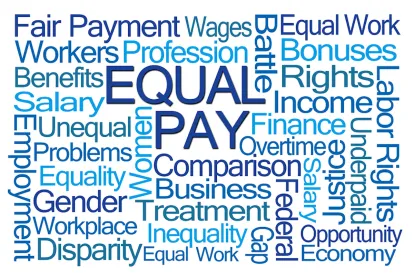There might be a light flickering at the end of a dark tunnel California employers have been walking through for more than 15 years. In December 2021, California’s Secretary of State approved the distribution of a petition to put on the 2022 ballot an initiative that would effectively repeal California’s Private Attorneys General Act (PAGA). PAGA has allowed employees to enforce California labor laws (without state intervention) by providing employees with a private right of action to collect civil penalties for any California Labor Code or Industrial Welfare Commission (IWC) Wage Order violations (to be split between the employees and the State of California). PAGA has become a powerful weapon in the arsenal of plaintiffs’ attorneys and so-called “aggrieved employees.” PAGA is a thorn in the side of even the best-intentioned employers, as it empowers individual employees to pursue civil penalties on a representative basis, on behalf of other “aggrieved employees”—even those who allegedly suffered different Labor Code violations. Further, PAGA is not subject to class action rules, class action waivers, arbitration agreements, or prior non-PAGA settlements.
If the proponents of the “Fair Pay and Employer Accountability Act” are successful, it will level the enforcement field without undermining enforcement of Labor Code and IWC Wage Order requirements, according to proponents. But first, those proponents of the initiative must obtain at least 623,212 valid signatures – only then will the initiative be put on the 2022 ballot. The initiative seeks to amend the current PAGA statute. The initiative includes provisions that would (1) eliminate an employee’s ability to pursue independent Labor Code violations on behalf of the state; (2) eliminate the ability to collect attorney fees as part of a PAGA award; and (3) allow an employer to cure violations without penalty. Instead of empowering “private attorneys general” to enforce the Labor Code, the initiative requires the legislature to better fund the Division of Labor Standards Enforcement (DLSE) to enforce the Labor Code. In addition, proponents of the initiative argue that it will better address the worker-protection aims of the Labor Code and public policy by: (1) allowing workers to recover unpaid wages without an attorney more quickly; (2) eliminating the requirement that employees split penalties with the state of California; (3) holding problem employers accountable by increasing penalties for “willful violations;” and (4) protecting small businesses from frivolous “shakedown” lawsuits.
Though the proponents of the initiative face an uphill battle in obtaining the necessary signatures, and then prevailing at the ballot box, this would be the most significant challenge to the PAGA in years, and if successful, would dramatically alter California wage and hour litigation.




 />i
/>i
